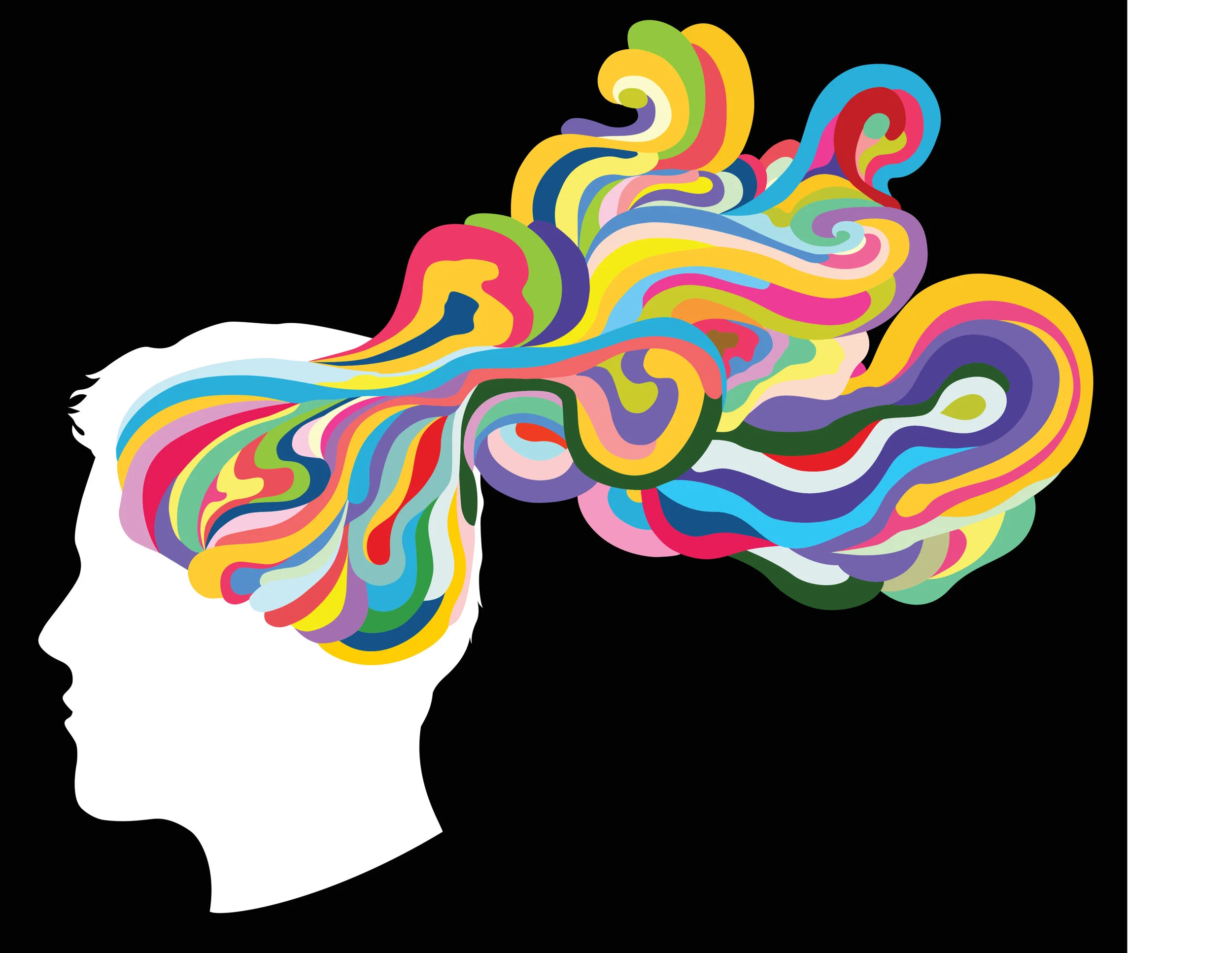There's a surprising Jewish short-story about a man named "Bontsha the Silent." He lives a perfect life, always obeying every rule. After he dies, the angels ask him, "What would you like in Paradise?"
He answers, "You know, I could never afford more than one cube of sugar in my tea. In Paradise, could I please drink tea with two cubes of sugar?"
How did the angels react to his wish? Were they pleased that his hopes remained modest?
No! The angels were devastated. "That is all he can dream of? That is the extent of his hope?” The angels wept with grief.
Hope As An Accomplishment?
“Bontsha the Silent” can remind us that hope is not merely a sunny outlook, nor a denial of the hard facts of our lives. Rather, hope is an accomplishment. Like freedom, it must be re-won in every generation. Maybe in every year.
I'm writing this in December, when, in the northern hemisphere, we experience the age-old journey of our part of the earth into shadow. We enact the rituals developed over eons to celebrate the return to the light.
Many of us focus on one part of those celebrations: the reassurance that the light is coming back. But the holidays also demonstrate that the road to the light leads, necessarily, through the longest, most discouraging night. And that road is best paved with stories!
We've Got Our Stories to Keep Us Warm?
It’s not really a surprise that the depths of winter are, in so many cultures, associated with the telling of stories.
Stories can warm us. Unite us. Help us marvel at each other—and at our improbable existence as a species.
The content of some stories, of course, can actually diminish us. But most stories enrich us. In general, the more stories we hear and know, the larger our emotional and social vocabulary.
The more we express our sorrows, struggles, and goals in the form of stories, the more we can come to know them, to share them, and to transcend them.
A Road to a Future Of Our Own Choosing
Storytelling gives us a way to imagine the things we haven't imagined yet. To broaden our options. To tread, as listeners, down the path trod by "Bontsha the Silent”—and yet to make a different choice in our own lives.
We can experience, through stories, some of the wishes we haven't yet wished for ourselves. We can remember the dreams we gave up because we felt discouraged. We can ask for something more than two lumps of sugar.
We can ask for something really hard:
To rediscover both the value of the dark and the value of the light. To build, one story at a time, our own forms of hope—and to remember them, no matter the cost, on the longest night.
Note: the story, "Bontsha the Silent,” was written in 1906 by Isaac Leib Peretz.
What About You?
Are there stories that, for you, make it easier to hope? To remember who you really are?
Have you ever found a story to be your path back to light, out of darkness?
